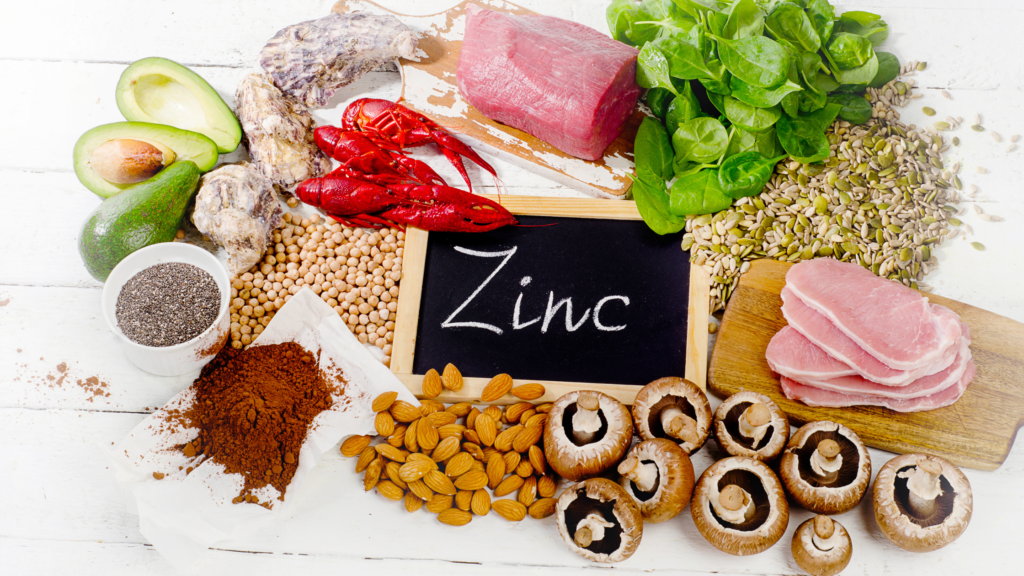Your eating and lifestyle habits can have an effect on your immune system. What you eat can influence your body’s ability to resist, fight, and recover from infections. However, don’t be misled by misinformation circulating on social media, stating claims that certain foods or supplements will cure COVID or keep you from getting the COVID-19 virus.
The most important actions you can take to protect yourself from becoming infected with the coronavirus or COVID 19 is to practice diligent personal hygiene and social distancing to avoid being exposed to the virus.
There is no food, supplement, or medicine that can keep you from getting the coronavirus. However, eating a healthy diet can give your immune system the support it needs to help fight off infections.
THE STANDARD AMERICAN DIET A.K.A – SAD

The standard American diet generally includes high intakes of red meat, mostly processed, prepackaged foods, and foods that are high in salt, fat, and excessive sugar with little or no nutritional value.
Poor nutrition can also predispose you to obesity, insulin resistance, diabetes, hypertension, and heart disease. These chronic diseases may lead to compromised immune system which increases your risk for infection(s) and poor health outcomes.
In order to optimize your immune system and decrease your risk for chronic disease, it is of utmost importance to ditch the SAD way of eating and start eating more nutrient dense foods.
EATING TO BOOST YOUR IMMUNE SYSTEM
A varied, well balanced diet can provide you with multiple immune boosting nutrients. To get a vast array of nutrients in your diet, you should eat a variety of colorful whole plant-based foods. Whole plant foods can help to stabilize blood insulin and glucose levels. Whole plant foods tend to have high nutrient content which supports adequate intake of vital nutrients.
Each color of fruits and vegetables has unique nutritional benefits that are important to your health. Nutrients that have been recognized for supporting a healthy immune system are protein, Vitamins A, C, E, and Zinc. Other recognized vitamins are B12, folate, copper, iron and selenium in addition to prebiotics and probiotics which may influence immune function.
It is important to note that mega dosing of certain nutrients can be toxic and/or interact with medications and can interfere with the metabolism of other nutrients. It is recommended that before starting any supplements, you should discuss with your physician and/or dietitian for supplement recommendations and proper dosage.
It is best to obtain your nutrients from whole foods not supplements. To support immune function and overall health you should include:
Vitamin A

Fruits and vegetables have an abundant source of Vitamin C and Vitamin A along with many other nutrients. Incorporate a variety of colorful fruits and vegetables in your diet such as mushrooms, broccoli, red onions, red cabbage, carrots, blueberries, strawberries, sweet potatoes, and green leafy vegetables, among others.
Vitamin C

Fruits and vegetables contain antioxidants, flavonoids, carotenoids, phytonutrients and more all which can protect your cells from oxidative stress or injury. Blueberries, for example, have been shown to reduce oxidative stress and boost the number of natural killer cells.
Remember, each fruit and vegetable has its own unique health benefits which is why it is so important to get a variety.
Vitamin E

Seeds, nuts, olives, avocado, and cold pressed oils are rich in Vitamin E. The best sources of Vitamin E are in vegetable oils such as cottonseed, safflower, and sunflower oils. Nuts such as hazelnuts and almonds, seeds such as sunflower seeds, and wheat germ are all excellent sources.
Studies suggest that Vitamin E is one of the most effective nutrients known to regulate immune function. Cashews, Hemp seeds, squash, and pumpkin seeds not only contain vitamin E but are rich in zinc as well.
Zinc
Zinc is known to play a central in the immune system. Studies suggest that those individuals with zinc deficiency may be more susceptible to a variety of infections.

Legumes such as lentils, chickpeas, and beans are rich in zinc and protein. However, legumes, also contain phytates which inhibit the absorption of zinc and other minerals, therefore zinc in legumes isn’t absorbed as well as the zinc that comes from animal sources such as red meat.
Processing methods for legumes like heating, soaking, fermenting, or sprouting legumes can improve zinc’s absorption. Shellfish such as oysters contain high amounts of zinc. Not only do oysters have high zinc content, but they are also packed with other essential nutrients such as omega 3 fatty acids, protein, vitamins and minerals. Zinc can also be found in lean meats and poultry.
KEY POINTS TO REMEMBER
A well-balanced, varied diet not only supports immune health but can also help to prevent chronic diseases such obesity and type 2 diabetes and heart disease. A healthy diet reduces the risk of chronic inflammation and supports the gut microbiome, a key player in immune function. You should eat fresh, whole plant based foods when possible.
Frozen fruits and vegetables are the next best option if you are unable to buy fresh foods. Exercise, quality sleep, and stress management are also important lifestyle factors that can positively impact your immune health.
If you like to learn more about personalized nutrition and wellness programs to optimize your health, book a free consultation https://www.corenutritionhw.com/services. Stay healthy and well!

